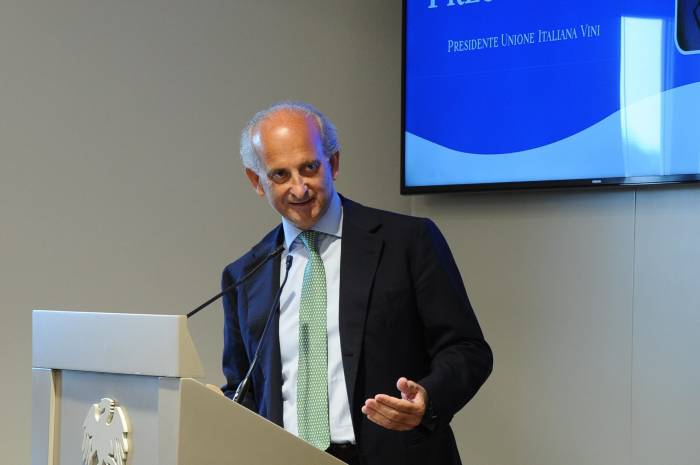Italian wine industry sees opportunity in EU-Mercosur partnership
Frescobaldi welcomes EU-Mercosur deal as new chance for Italian wine
2025-09-03

The European Commission has approved the EU-Mercosur partnership agreement, a move that could reshape international wine trade. The deal involves Argentina, Brazil, Uruguay, and Paraguay, and is seen as a positive development by the Unione Italiana Vini (UIV), Italy’s main wine industry association. Lamberto Frescobaldi, president of UIV, welcomed the agreement, calling it an important step for free market principles. He stated that these are the kinds of agreements the Italian wine sector supports.
The agreement still needs ratification from both the EU Council and the European Parliament. It also includes a separate wine agreement with Mexico, which already benefits from zero tariffs. This part of the deal aims to simplify non-tariff regulations and strengthen protections for European geographical indications.
According to UIV’s Observatory, Brazil is currently the leading South American market for European wines. In the first half of 2025, Italian wine exports to Brazil reached 18.5 million euros, marking a 5.5% increase compared to the previous year. Both still and sparkling wines saw an 8.5% growth in this period. In 2024, total European wine imports into Brazil amounted to 190 million euros, up 41% over the past five years.
The Brazilian wine market is largely dominated by Chilean producers, who account for 186 million euros in imports, followed by Argentina with 90 million euros. However, Europe maintains a strong presence: Portugal exported 75 million euros worth of wine to Brazil, France 50 million euros, and Italy 40 million euros. With the potential gradual elimination of the current 27% tariff on imported wines, Italian producers see significant room for growth in this market.
Frescobaldi emphasized that expanding into Mercosur countries is a strategic response to challenges in traditional markets. He pointed out that with ongoing U.S. tariffs on European wines, diversification is essential for Italian producers who have long relied heavily on American consumers. The Mercosur agreement opens access to a Latin American population of about 270 million people—a market opportunity that Italian wine producers are eager to pursue.
While the wine industry views this agreement as a chance to grow and strengthen commercial ties with Latin America, not all sectors are equally optimistic. Some agricultural organizations have voiced concerns about potential risks to European agriculture from increased competition. Confeuro, an Italian farmers’ group, has expressed strong reservations about how the deal might affect local producers.
The EU-Mercosur partnership represents a major shift in trade relations between Europe and South America. For Italian wine exporters and their European counterparts, it offers new possibilities for expansion at a time when global markets are facing uncertainty and change. The final outcome will depend on how quickly and smoothly the agreement moves through the remaining stages of approval within European institutions.
Founded in 2007, Vinetur® is a registered trademark of VGSC S.L. with a long history in the wine industry.
VGSC, S.L. with VAT number B70255591 is a spanish company legally registered in the Commercial Register of the city of Santiago de Compostela, with registration number: Bulletin 181, Reference 356049 in Volume 13, Page 107, Section 6, Sheet 45028, Entry 2.
Email: [email protected]
Headquarters and offices located in Vilagarcia de Arousa, Spain.